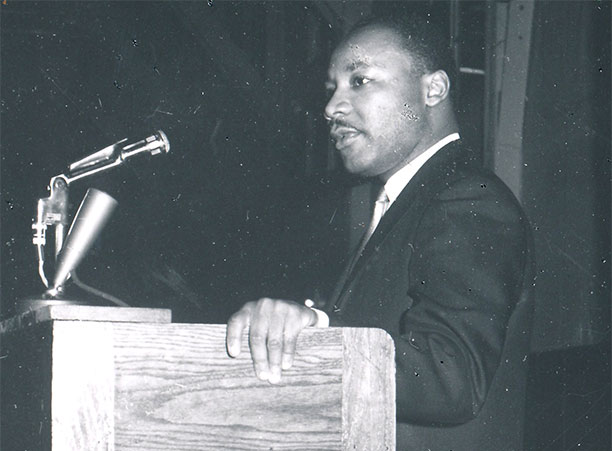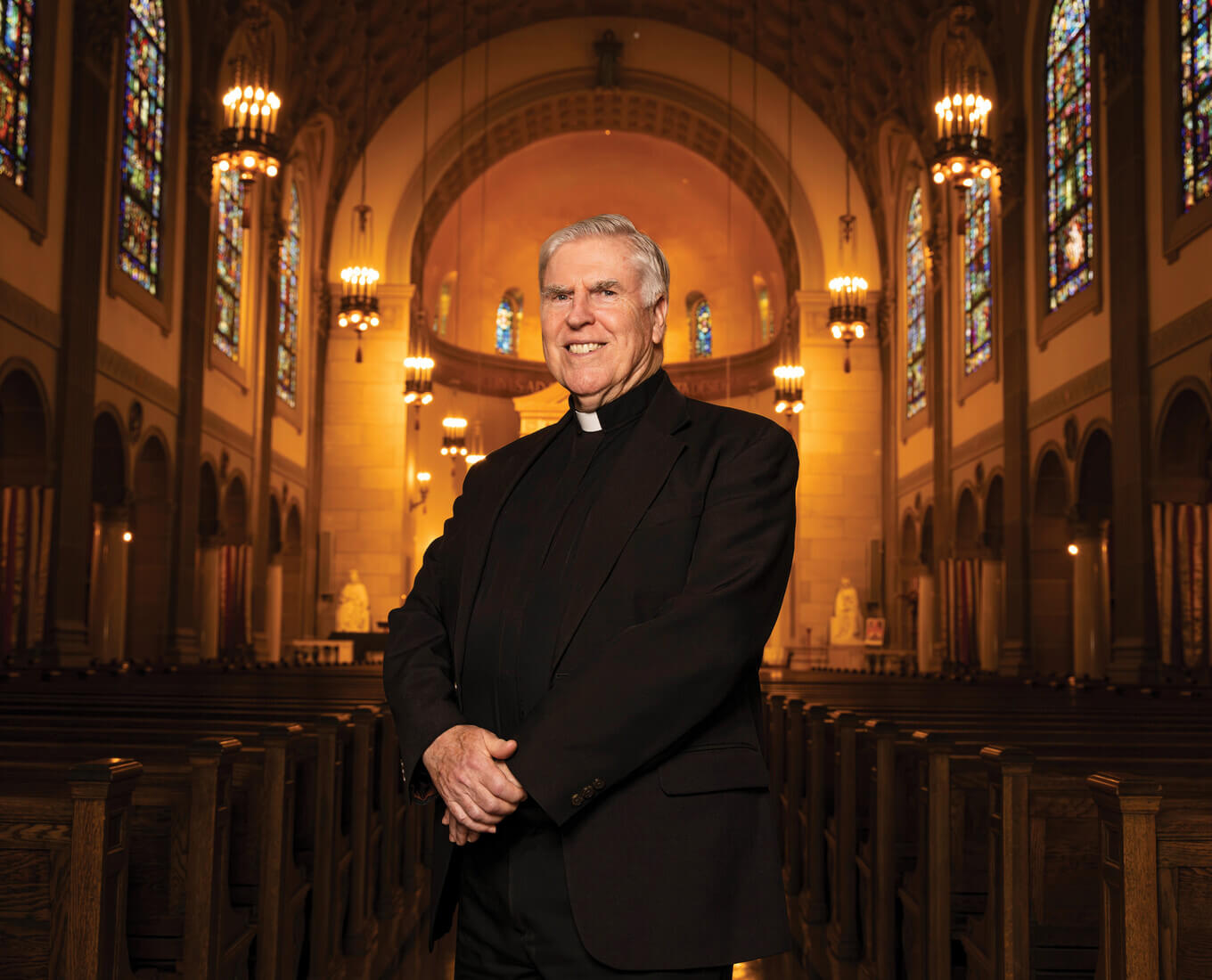
In a piece for The Conversation, Timothy Joseph, associate professor and chair of the classics department at the College of the Holy Cross, writes about how civil rights leader Martin Luther King Jr. founded the Greek concept of agape and the use of Socrates as a civil disobedience model to be fundamental in his fight for social justice. The classics continue to play a profound role in King’s message, and as Joseph states, placed King in close accordance with “the company of luminaries.”
Calling on King’s classical education from Crozer Theological Seminary and Boston University, Joseph outlines how agape lay at the core of King’s social teachings. It is because of the term’s unique ability to convey a much more precise idea of love than the mere English “love” ever could. “Building on the work of contemporary theologians…King underscored the distinctions between the Greek words eros (romantic love), philia (the love of personal friendship) and agape (pronounced “a-gáh-pay”).” With further expansion of this idea through Christian teachings, Joseph discusses how King was able to bring out agape’s “creativity—its capacity to create togetherness and community.”
However, King’s message of love was not the only aspect of his leadership that was influenced by ancient teachings. In fact, “Three times in his 1963 ‘Letter from Birmingham Jail,’ King evokes Socrates,” Joseph states. It was Socrates’ method of bringing the classroom to the public streets, his claim that he was the “gadfly” that would reawaken the lazy Athenian state with his incessant buzzing, King drew support for his nonviolent civil disobedience despite resistance from his fellow clergymen.
Although King preferred to live in the “now” of 1968, as Joseph says, his inspired teachings continue to prove the influence of ancient times on modern era: “…his lived engagement with the Classics bridges these eras, showing his listeners and readers how classical ideas can speak to us today.”
Read the full article at The Conversation.
The piece also ran on ABC Religion and Ethics.
Related Information
The Conversation, Feb., 23, 2015: ‘Brian Williams, Herodotus, and eyewitness reporting’
This “Holy Cross in the News” item is by Emma Collins ’16.
‘Martin Luther King Jr. in dialogue with the ancient Greeks’
The Conversation
Read Time
1 Minute

